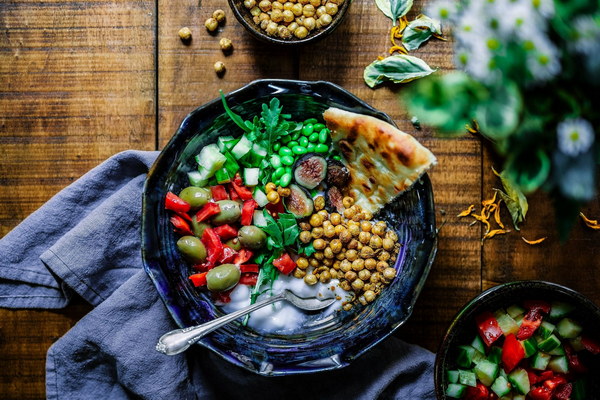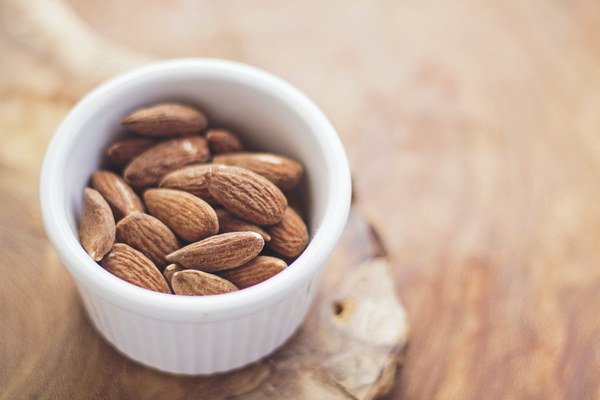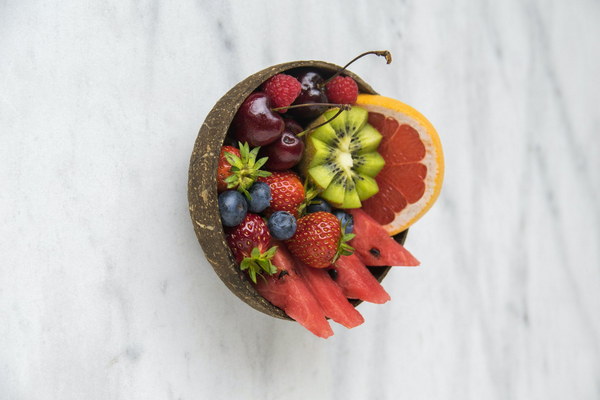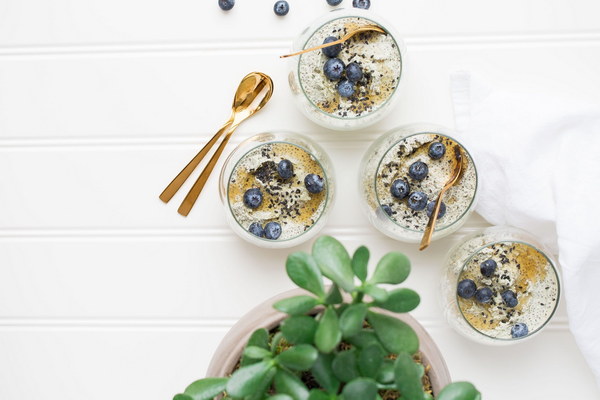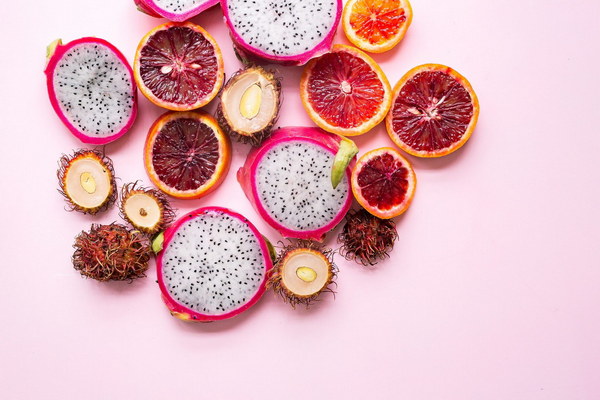Traditional Chinese Medicine The Wonders of Rice Congee in Excreting Dampness
In the realm of Traditional Chinese Medicine (TCM), the concept of dampness is a prevalent issue that affects many individuals. Dampness is believed to be caused by an imbalance in the body's Yin and Yang, leading to a variety of symptoms such as fatigue, weight gain, and joint pain. One of the most effective methods recommended by TCM practitioners to alleviate dampness is through the consumption of rice congee. This ancient practice has been passed down through generations, and its benefits continue to be recognized and utilized today.
Rice congee, also known as zhou in Chinese, is a thick, porridge-like mixture made from rice and water. It is a staple in many Asian cuisines and has been used for centuries as a comfort food and a remedy for various ailments. In TCM, rice congee is considered a heating food, which helps to expel dampness from the body.
The process of making rice congee is relatively simple. All you need is rice, water, and sometimes a bit of salt or sugar to taste. The rice is soaked in water for a few hours to soften it, then cooked in a large pot over low heat until it reaches a creamy, porridge-like consistency. The key to a perfect rice congee lies in the slow cooking process, as this allows the rice to absorb the water and break down into a soft, sticky texture.
According to TCM, the properties of rice congee make it an ideal food for expelling dampness. The following reasons explain why rice congee is effective in treating dampness:
1. Warmth: Rice congee has a warm nature, which helps to dispel cold and dampness from the body. It can be particularly beneficial during the rainy season or for those living in humid climates, as it helps to alleviate symptoms such as cold hands and feet, joint pain, and fatigue.
2. Easy Digestion: The soft texture of rice congee makes it easy to digest, which is important for those with weak digestive systems. When the body is weakened by dampness, the digestive system may become compromised, leading to further imbalances. Rice congee can help to nourish the digestive system and improve overall health.
3. Nutrient Absorption: The slow cooking process of rice congee breaks down the rice grains, making it easier for the body to absorb the nutrients. This can be particularly beneficial for individuals with dampness, as it helps to strengthen the body and improve its ability to fight off illness.
4. Hydration: Rice congee is a hydrating food, which helps to replenish the body's fluids. Proper hydration is essential for expelling dampness, as it aids in the elimination of excess moisture from the body.
To effectively use rice congee to expel dampness, TCM practitioners recommend incorporating it into your diet in the following ways:
- Start your day with a bowl of rice congee to help energize your body and expel dampness.
- Consume rice congee during periods of dampness, such as during the rainy season or when you feel particularly sluggish.
- Pair rice congee with other warming foods, such as ginger, garlic, and scallions, to enhance its effectiveness.

- Avoid cold and raw foods, as these can exacerbate dampness.
It's important to note that while rice congee can be beneficial for expelling dampness, it may not be suitable for everyone. Those with a hot constitution or those suffering from heat-related conditions, such as fever or inflammation, should consult with a TCM practitioner before incorporating rice congee into their diet.
In conclusion, rice congee is a traditional TCM remedy that has been used for centuries to expel dampness from the body. Its warmth, ease of digestion, nutrient absorption, and hydration properties make it an effective treatment for dampness-related symptoms. By incorporating rice congee into your diet, you can enjoy the benefits of this ancient practice and promote your overall well-being.
